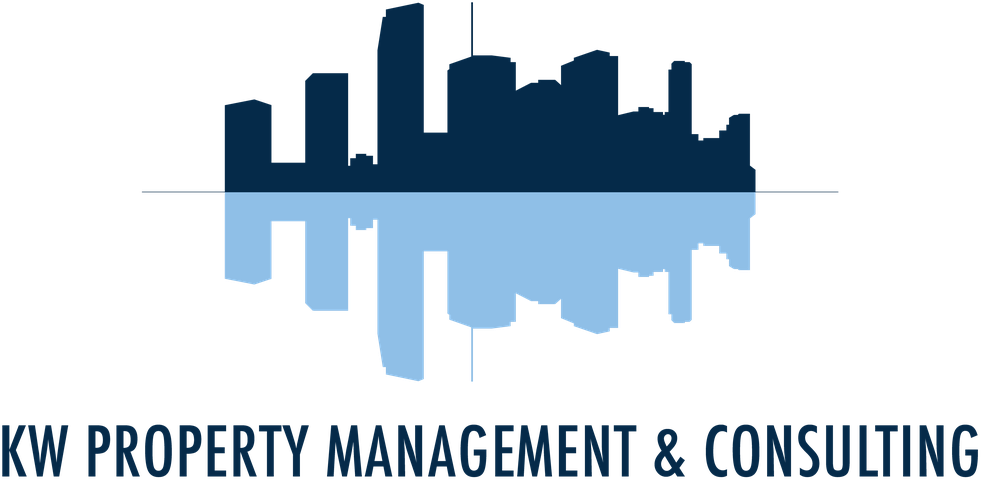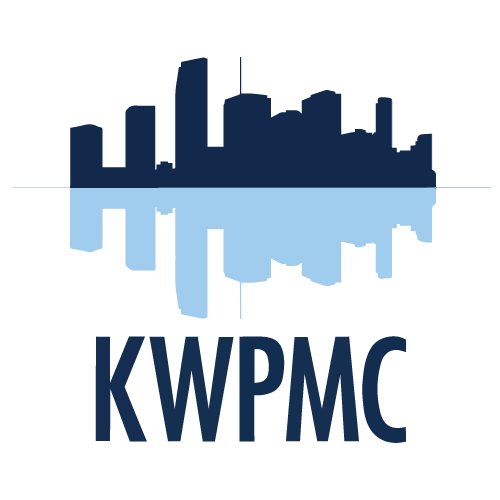As community association managers, board members and unit owners are aware, condominium and homeowners’ associations (HOAs) are required by Florida Statutes (FS) and, generally, by the association’s by-laws, to prepare annual budgets. The annual budget requires considerable effort and is, in essence, a financial plan for the upcoming year.
The budget is the benchmark by which an association’s results of operations are measured. If actual expenses approximate those budgeted, it is perceived that the budget was well thought-out and the financial management of the association was effective. If, on the other hand, there are substantial variances between the budgeted and actual expenses, this may suggest that the budget was poorly prepared and/or the association’s operations were poorly monitored.
Who Is Responsible for Preparing the Budget?
The requirements for the preparation of the annual budget for condominium associations are set forth in Section 718.112 (2) (f) FS; and for homeowners’ associations, in Section 720.303 (6) FS.
Generally, the community association manager (CAM) is charged with the responsibility for preparing the preliminary draft of the budget and presenting it to the budget or finance committee for its review and approval. The budget committee, as appointed by the Board of Directors, and, ultimately, the Board itself, is responsible for the adoption of the association’s annual budget.
Budgeting Tips and Considerations
It is recommended that the budget process begin early in the third quarter. Although budgets are typically approved at annual meetings occurring in either November or December, there are many considerations that must be addressed before then. Be sure to allow time for research.
The preparation of the budget generally begins by analyzing the year-to-date results of operations, in which the recurring expenses serve as a basis for the new budget year. Factor OUT current year non-recurring expenses; factor IN expenses anticipated for next year, such as special projects, which means that you may have to look ahead as much as 1 ½ years if a project is expected to commence in the latter stages of the following year.
A well-documented budget should include notes on how each budget line item was established. This is of particular importance if there are significant changes from the current year’s budgeted and/or actual amounts.
Working Capital
As a generally accepted guideline, a community association should maintain its operating fund balance (“working capital”) at a minimum of two months’ maintenance assessments. If this guideline is not met, the Board should consider including a line item in the budget to increase working capital. However, if the working capital shortfall is significant, or if there is an accumulated deficit, a special assessment may be the more conservative alternative. The amount of the budget line item or special assessment should be determined after considering the current year’s expected results of operations.
If the current working capital is sufficient and the current year’s operations are projected to have an excess of revenues over expenses (“operating surplus”), the Board can take advantage of this situation by including line items for special projects or improvements in next year’s budget. Alternatively, that surplus can be applied as a credit to the following year’s assessments to the owners. There are generally income tax considerations in applying this credit and therefore, the Board should consult with the Association’s income tax advisor.
Reserves
Chapters 718 and 720 of the Florida Statutes both require the funding of reserves in the association’s annual budget (with specific waiver provisions for condominium and homeowners’ associations). The use of reserve funds is restricted for capital expenditures and deferred maintenance. A capital expenditure is the use of funds for the replacement or major repair of a common area component. Examples of capital expenditures are roof replacement, pavement resurfacing and elevator upgrades. The term “deferred maintenance” generally refers to interior and exterior painting. Reserves are included in the association’s budget so that funds are available for the eventual replacement of common area components and deferred maintenance. The alternative to funding reserves is the use of available operating funds or, more likely, the adoption of a special assessment. Sound financial management dictates that, concurrent with the adoption of a special assessment, a detailed budget should be established. Include a provision for bad debts commensurate with that of maintenance assessments.
Other Concerns
Here are some other guidelines to consider when preparing the Association’s budget:
- For contractual expenses, read the related contracts to identify any increases that are anticipated in the following year.
- Contact your insurance agent as early as possible to determine insurance premiums. If financing insurance, try to obtain favorable rates.
- Request estimated costs for non-contractual expenses such as general repairs and maintenance, certain administrative expenses, trash removal, and utilities.
- Include a reasonable amount for bad debt expense.
- Avoid a “Contingency” line item if possible.
- Look at revenue trends for fee-for-service charges to unit owners such as work orders, laundry, parking, etc. Be sure to consider possible increases.
- If loan repayments will be required, include the entire payment amount (i.e., principal and interest) in the budget.
There are other concepts to keep in mind in preparing the annual budget: Be realistic. It is generally difficult to keep maintenance assessments at last year’s levels. The role of an association’s treasurer or president is to run the association’s business. It is not to win a popularity contest. That role should be treated with as much, if not more, respect than the association’s officers’ own businesses.
The budgeting process doesn’t end with the adoption of the annual budget. Careful and routine monitoring of budget-to-actual results of operations is a vital part of the effective management of a community association.
Article provided by Jeffrey L. Ducker, CPA, CGMA of MBAF
KWPMC Certified Vendor: How MBAF Can Help
MBAF, a frequent partner of KWPMC properties, has extensive experience in providing professional services to condominium and homeowners’ associations. We are most knowledgeable about best financial practices for annual operations, reserves, special projects, special assessments, financing alternatives, litigation settlements, forensic procedures and more.
Audits and Accounting of Condominium Associations and their practices are a highly specialized segment of the industry and should not be performed by a firm without the proper experience. If you would like to benefit from our expertise in these areas, or if you have further questions on this Advisory, do not hesitate to contact our Condominium and Associations Specialists, or call them directly at 1-800-239-1474.

